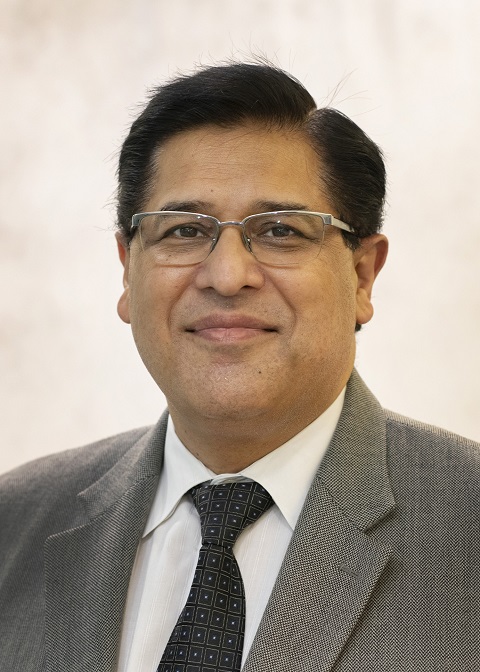When It’s Time to See a Doctor About a Wound That Isn’t Healing?
Specialized Care for All Types of Wounds.
 The Robert Wood Johnson University Hospital Hamilton (RWJUH Hamilton) Center for Wound Healing can help those suffering from a wound that won’t heal. “We have been extremely successful in treating chronic wounds that have previously resisted healing,” says Reza A. Shah, DO, FACOS, FACS, FAPWCA, CMET, Co-Medical Director at the Center for Wound Healing at RWJUH Hamilton, an RWJBarnabas Health facility. “Our skilled staff of physicians and nurses have advanced training in wound management and hyperbaric medicine, and can develop and implement an individualized course of treatment specific to a patient’s diagnosis and needs.”
The Robert Wood Johnson University Hospital Hamilton (RWJUH Hamilton) Center for Wound Healing can help those suffering from a wound that won’t heal. “We have been extremely successful in treating chronic wounds that have previously resisted healing,” says Reza A. Shah, DO, FACOS, FACS, FAPWCA, CMET, Co-Medical Director at the Center for Wound Healing at RWJUH Hamilton, an RWJBarnabas Health facility. “Our skilled staff of physicians and nurses have advanced training in wound management and hyperbaric medicine, and can develop and implement an individualized course of treatment specific to a patient’s diagnosis and needs.”
What are some common types of chronic wounds?
We treat wounds associated with different conditions, but the most common ones we see are diabetic ulcers, venous stasis ulcers and pressure ulcers. Sometimes people with diabetes may suffer nerve damage and lose sensation in their feet. This can be a problem because even a small cut may go unnoticed and then become more serious. We also help with slow-healing wounds, crush injuries, compromised surgical grafts and radiation-related wounds we see in some cancer patients receiving radiation treatments.
How can I prevent a chronic wound?
If you have diabetes, check your feet daily and avoid going barefoot or wearing shoes that rub on your feet. Circulatory issues, including poorly functioning arteries and veins, can also contribute to chronic wounds by limiting the supply of oxygen needed for healing. Talk with your doctor if you have concerns. Delaying treatment can lead to infection and in severe cases possible amputation.
What treatments are available?
We use multidisciplinary, comprehensive approach, with advanced modalities that are specialized for each patient. We may consult with other doctors and conduct testing, such as an assessment of blood vessels to identify and treat circulatory issues. Working as a team, we have an acute focus on quality and monitoring the support for the best possible healing rate.
What is hyperbaric oxygen therapy?
Hyperbaric Oxygen Therapy (HBOT) is a simple, non-invasive, painless medical treatment that enhances the body's natural healing process and strengthens the immune system. Delivered by trained specialists, HBOT therapy is an effective treatment option for most chronic wounds, resulting in more rapid and complete healing for patients. During hyperbaric oxygen therapy, you breathe 100% pure oxygen while inside a pressurized chamber. The pressure inside is about 2 ½ times greater than the normal pressure in the atmosphere. We have two hyperbaric chambers at RWJUH Hamilton and these can also be used when treating wounds like gas embolism, acute carbon monoxide poisoning, cyanide poisoning and decompression sickness.
After an initial evaluation and consultation, wound assessment and health evaluation, we can develop a treatment plan for the patient. Our patients are given instructions on at-home wound care, including dressing changes and protection of your wound from additional injury and further complications,” adds Dr. Shah.
To make an appointment or learn more, call The Center for Wound Healing at Robert Wood Johnson University Hospital Hamilton at 609-249-8300.
For more information or to make an appointment with an RWJBarnabas Health Medical Group Primary Care Provider, scan the QR code below.

Or call 888-724-7123.